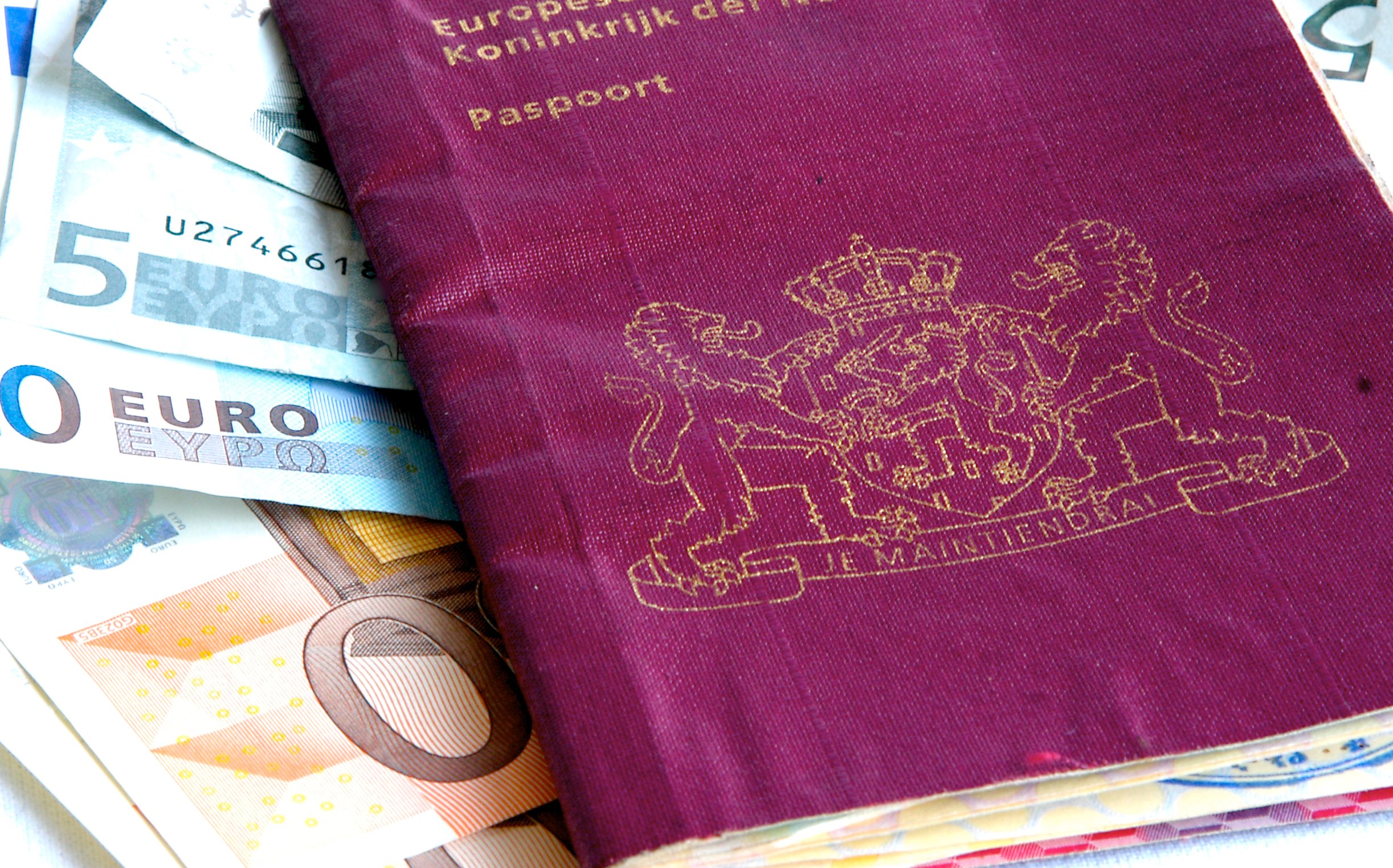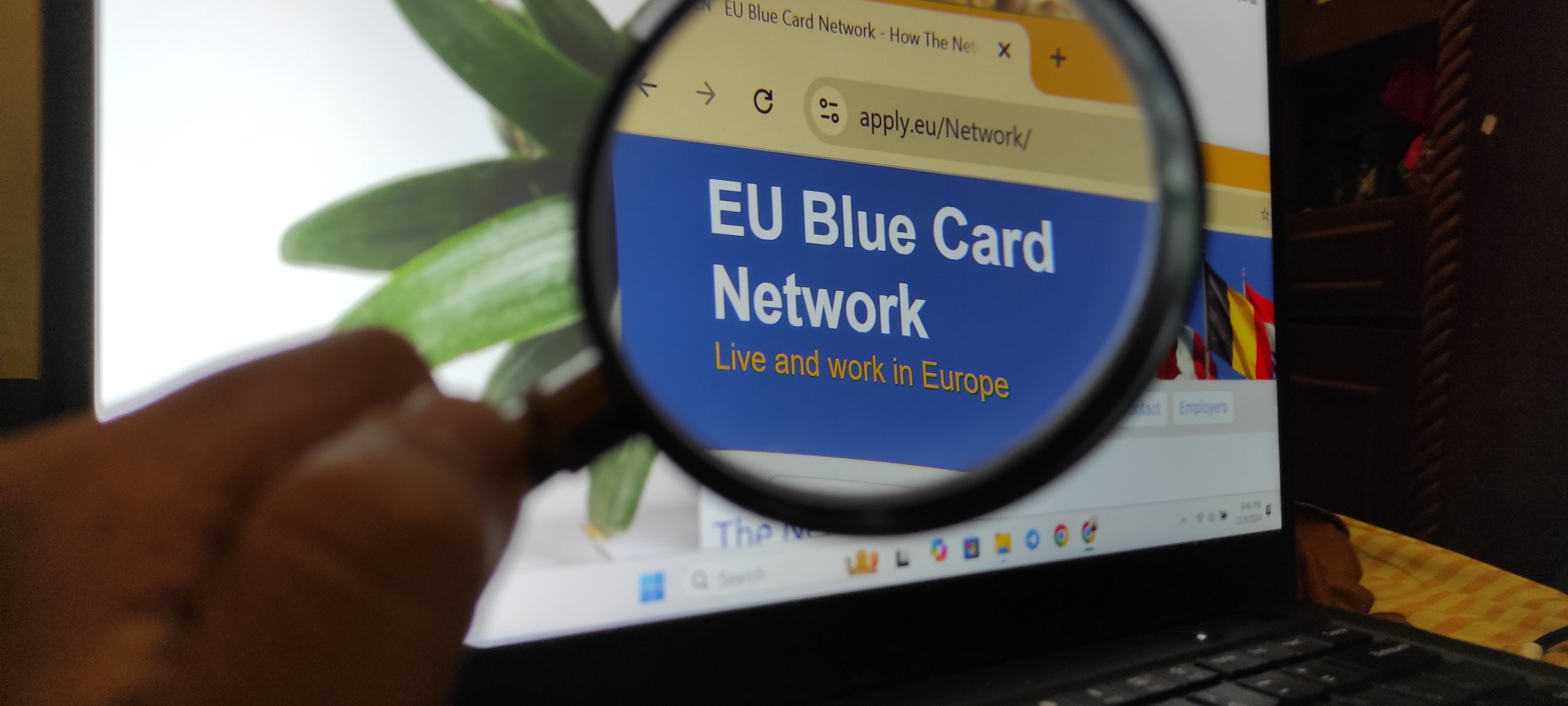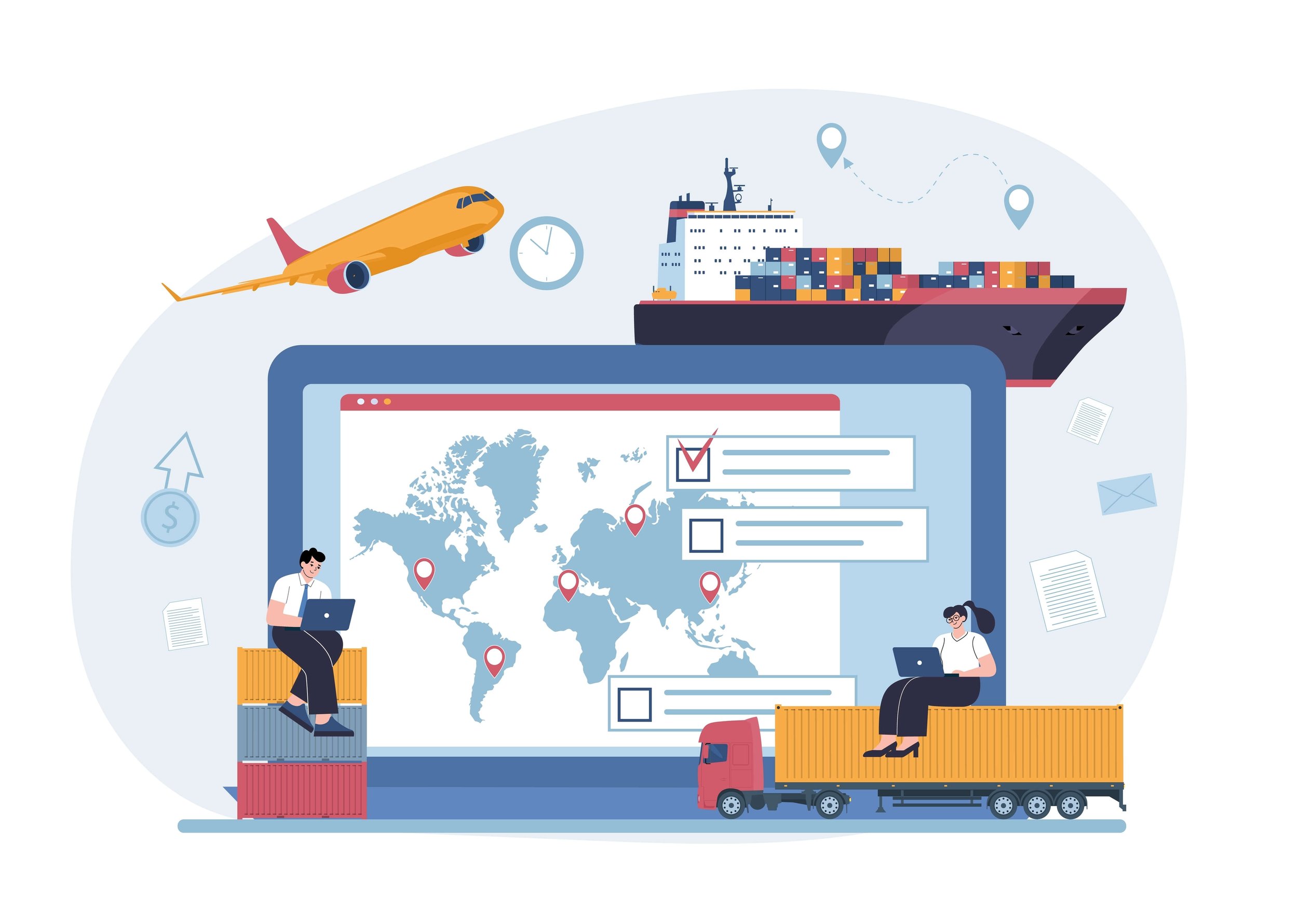How to hire Highly Skilled Migrants as a Startup using an Employer of Record in the Netherlands
4:04
For fast-growing startups in the Netherlands, accessing top international talent is crucial. However, navigating Dutch immigration and employment rules for skilled migrants can be a significant hurdle.
Enter the Employer of Record (EOR). This streamlined approach allows startups to legally and efficiently onboard non-EU/EEA professionals without the complexities of becoming a recognized sponsor. This article outlines how an EOR simplifies hiring highly skilled migrants in the Netherlands.
These individuals (in Dutch kennismigranten) meet specific Dutch salary and employment criteria, qualifying them for expedited work and residency permits. Current (2025) minimum gross monthly salaries (excluding holiday pay) are:
Highly skilled migrants aged 30 and over: €5,688 gross per month
Highly skilled migrants under 30: €4,171 gross per month
Recent graduates from Dutch higher education institutions or foreign top 200 education institutions: €2,989 gross per month
These numbers are subject to annual indexation.
Becoming a recognized sponsor with the IND demands financial stability, a formal structure, and strict adherence to regulations – a challenge for resource-constrained startups.
This can be a heavy lift, especially in the early stages when resources are tight and HR processes are still evolving.
An Employer of Record is a third-party organization that legally employs workers on behalf of another company. The EOR handles all administrative, legal, and compliance-related tasks such as:
Employment contracts
Payroll and tax filings
Visa sponsorship (in this case, as a recognized sponsor with the IND)
Social security contributions
Onboarding and HR administration
The startup retains day-to-day control over the employee’s work and performance, while the EOR assumes legal responsibility as the official employer.
1. Skip the Recognized Sponsor Process
Instead of going through the lengthy and sometimes costly process of becoming a recognized sponsor yourself, you can partner with an EOR that already holds this status. This enables you to hire a migrant worker much faster—often within a few weeks.
2. Ensure Compliance
Dutch labor laws and immigration rules are complex. An EOR ensures full compliance with:
IND’s sponsorship obligations
Dutch tax regulations
Employment law and working conditions
This minimizes your risk of fines, audits, or accidental non-compliance.
3. Focus on Your Core Business
By outsourcing the legal and administrative aspects of employment, you can focus on growing your business while your EOR handles everything behind the scenes.
Select a Reliable EOR: Choose a provider with expertise in Dutch law. Exterus offers both services in house, along with Tax and international payroll expertise.
Define the Role: Collaborate with the EOR on job descriptions and compliant compensation packages.
EOR Handles Visa Application: Once you select a candidate, the EOR submits the residence permit application (as quick as 2-4 weeks).
Onboarding and Work: Upon visa approval, the migrant begins work, with the EOR as the legal employer.
Ongoing Support: The EOR manages payroll, taxes, benefits, and compliance.
EOR services involve fees (percentage of salary or flat rate), which can be more cost-effective than direct setup and compliance risks. As your startup matures, you might consider transitioning to direct sponsorship.
Employing highly skilled migrants via an EOR offers a streamlined, compliant, and scalable solution for Dutch startups seeking global talent. It eliminates bureaucratic hurdles, accelerates hiring, and allows you to focus on building your company.

Unravel the key differences between staffing and payrolling to make informed decisions for your business needs.

Avoid costly fines when hiring non-EU students in the Netherlands. This guide covers work permits, working hour limits, and administrative duties for employers.

Hiring non-EU talent as a non-profit in the Netherlands? Learn the pros, cons & criteria of key permits like the Highly Skilled Migrant, GVVA & EU Blue Card. Find out which fits your organization best and get expert help to simplify the process!

Discover the ins and outs of holiday allowance in the Netherlands, including how it’s calculated, when it’s paid, and why it’s an essential perk for employees in the Netherlands.

The Netherlands has relaxed EU Blue Card requirements, offering better job security, lower salary thresholds, and new IT professional benefits. Find out how you can qualify!

Become a recognized sponsor with the IND and benefit from a fast-track immigration process. Discover the advantages, requirements, and application steps. Exterus guides you through every phase, from recognition to Employer of Record services.

Learn how to transition from self-employment under a DAFT permit to a salaried position in the Netherlands. Navigate Dutch immigration & employment regulations with ease.

Explore how the Temporary Protection Directive enables Ukrainian nationals to live and work in the Netherlands. Learn about hiring processes, employer responsibilities, and pathways to long-term residency.

Understanding the rules and regulations surrounding leave for highly skilled migrants is important for both employers and employees in ensuring compliance.

Discover the benefits of the International Trade Scheme (ITS) for Dutch businesses. The ITS allows companies to bring in specialized non-EU workers quickly and efficiently without the need for individual work permits, streamlining international projects.

Prepare for significant changes to the IND Business Portal login process starting 4 November 2024.
Subscribe to our newsletter and stay ahead with the latest insights and developments in global employment mobility, delivered straight to your inbox.
By subscribing you agree to with our Privacy Statement